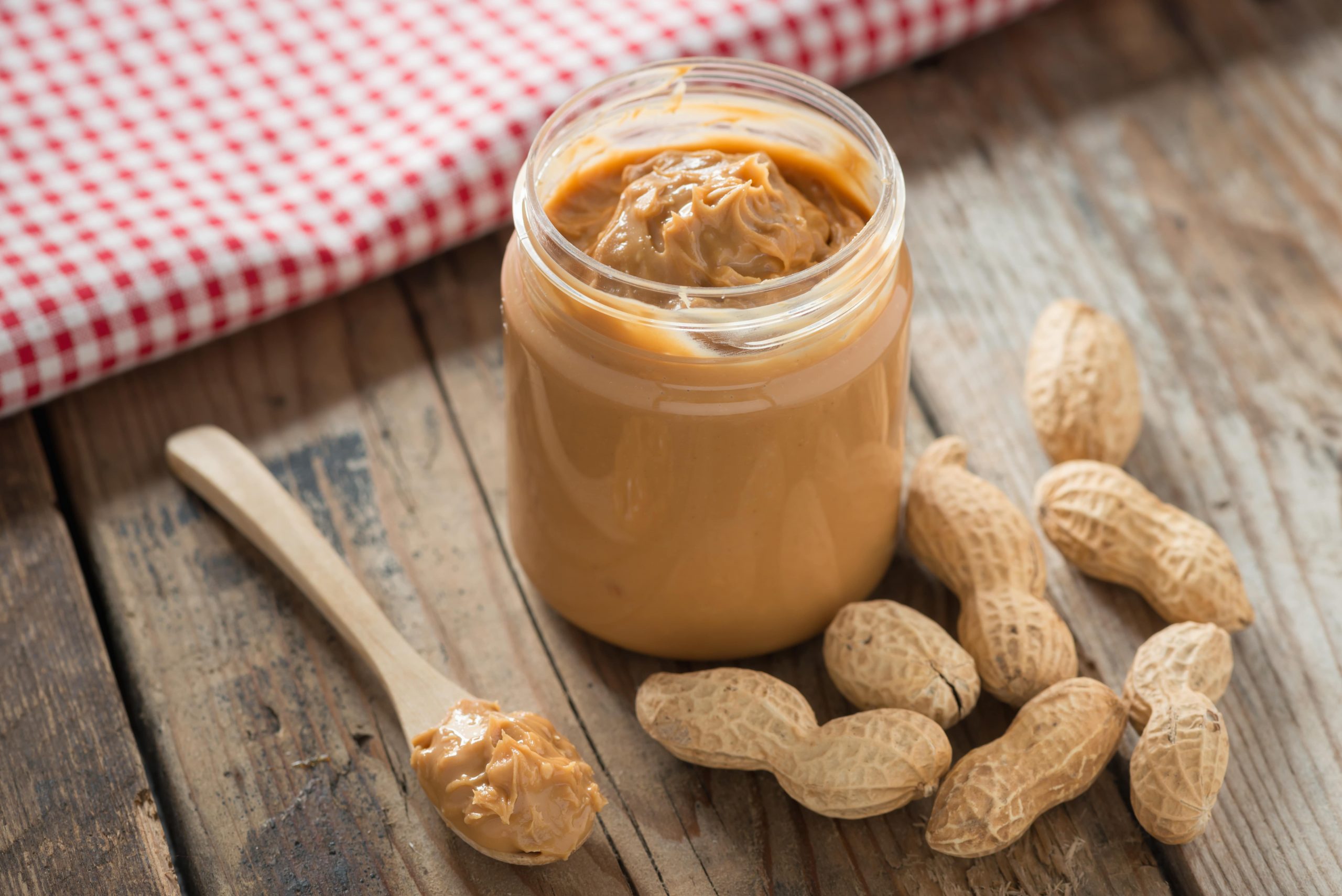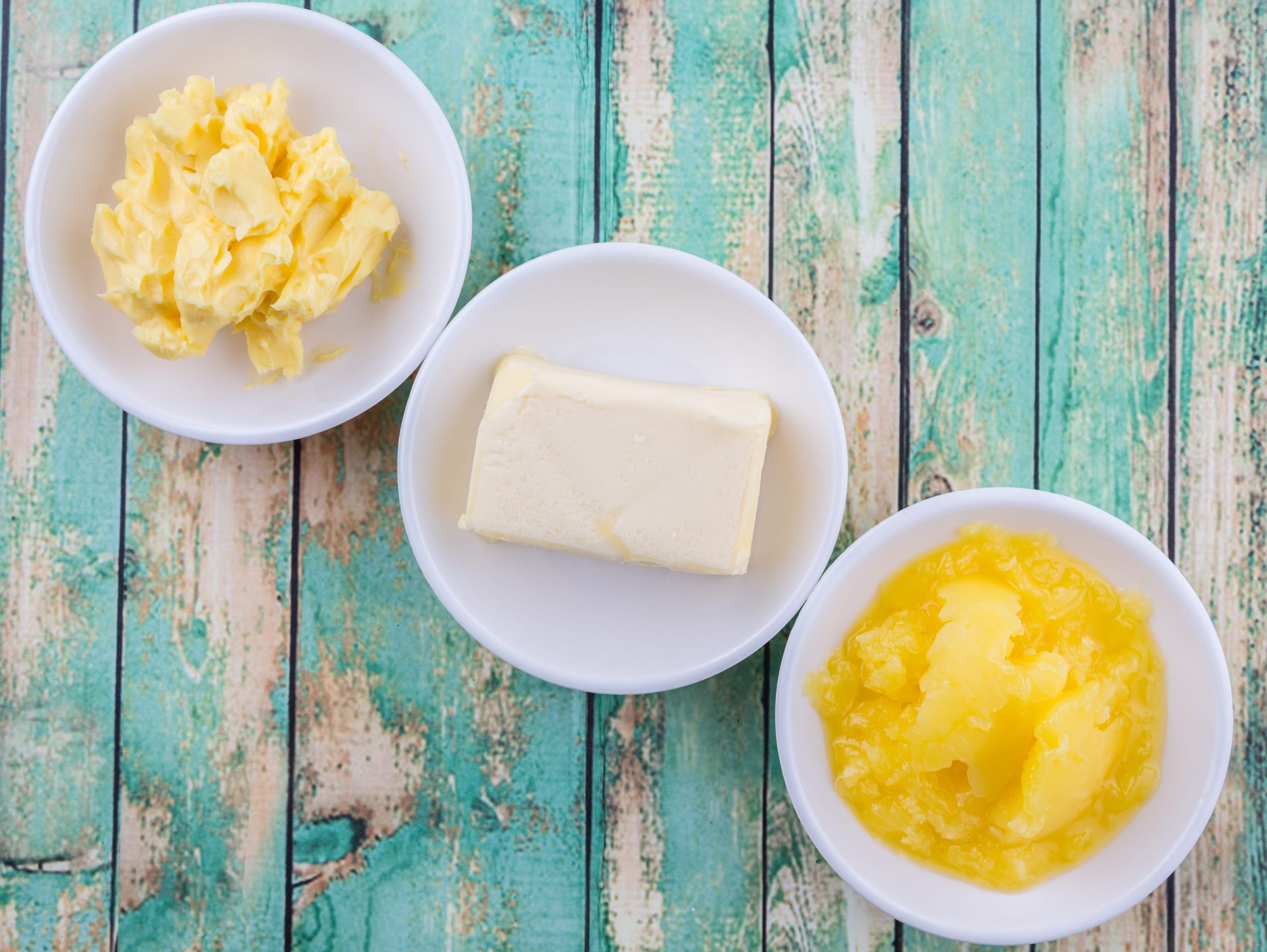Peanut butter is one of the natural spreads in existence liked both by adults and children. However, some people question if it is any healthier.
Both peanut and peanut butter are loaded with beneficial nutrients that help you in various ways. It will be wrong if we won’t mention how delicious peanut butter is. It also has an amazing texture that makes your tongue mop the roof of your mouth every moment you get it into your mouth.Nevertheless, peanuts are not wholesomely received by some people. It can cause serious allergic reactions in them, which for a small portion of this group, can be fatal.The question is: Are peanut and peanut butter that good for your health? Keep reading to find out.
What Is Peanut Butter?
Peanut butter is simply made by roasting and then grinding peanuts to a pasty consistency. It is not a processed food as it may appear. However, some manufactures making commercial brands of peanut butter may add vegetable oils, sugar, and trans fat to make it a little bit different. According to a study by the National Center for Biotechnology Information, increased consumption of added sugars can be detrimental to your overall health. This is because it increases your risk of several health conditions including diabetes, obesity, and heart diseases.To avoid these conditions and keep yourself healthy, you need to buy butter containing peanuts only and maybe salt for taste.
Peanut Butter Is Loaded With Proteins
Including peanut butter in your diet is a healthy way of obtaining a well-balanced supply of all macronutrients. According to the database in the United States Department of Agriculture (USDA) Food Data Central, 100 g of peanut butter provides:22 g of carbs of which 14% is calories and 5% is fiber, 22.5 g of proteins of 14% is calories, and 51 g of fat of 72% in calories. Peanut butter contains more proteins than most plant foods.
It is worth noting that despite its high content of protein, peanut butter lacks a special amino acid called methionine. This is because, peanuts are a member of the legume family together with peas, lentils, and beans. And any legume has a compromised amount of methionine and cysteine. Animal protein contains both of these amino acids in good amounts.Lacking methionine in your diet can lead to its deficiency, which published studies have associated with an overall protein deficiency. However, for those who lead a healthy diet and life, methionine deficiency is rare.
Interestingly, reduced consumption of methionine can benefit health. Two studies published by PubMed have shown that with its reduced intake, the lifespan of mice could be extended.
Peanut Butter Contains Low Amount of Carbs
If you are following a low-carb diet, then it’s high time you included peanut butter. It packs only 20% carbs in 100 g. Based on a research by the National Center for Biotechnology Information, peanut butter ranks low on the glycemic index. This means that after eating it there will be only a slight rise in blood sugar levels. For that reason, peanut butter can be good food for people living with type 2 diabetes.Another reason why it can be a good option for diabetic people is that it contains oleic acid and antioxidants both of which may help reduce the risk of heart disease.
Peanut Butter Is Loaded With Healthy Fats
Peanut butter is an excellent source of healthy fats with only 100 g providing 597 calories. According to published studies, pure peanut butter can be good for weight loss but if only consumed in moderate amounts. In a similar way, vegetarians can find peanut butter fine for their diet as it contains fair amounts of protein and heart-healthy fats. Again this is only good if consumed in moderation.
Just like olive oil, peanut butter contains monounsaturated fat called oleic acid. Several published studies have shown that oleic acid can be effective at improving insulin sensitivity.Additionally, one of the omega-6 fatty acids called linoleic acid is also found in peanut butter. One study published in PubMed indicated that an increased risk of chronic conditions due to inflammation can be caused by the high consumption of omega-6 fatty acids.
Peanut Butter Contains Decent Amounts of Vitamins and Minerals
Another thing that makes peanut butter more nutritious is its rich content of vitamins and minerals. In just 100 g of peanut butter, there is approximately 60% of the daily recommended intake (DRI) of vitamin E, 84% of the DRI of niacin (vitamin B3), 29% of the DRI of vitamin B6, 18% of the DRI of folate (vitamin B9), 65% of the DRI of manganese, 56% of the DRI of copper, and 37% of the DRI of magnesium. It also contains fair amounts of vitamin B5, zinc, potassium, selenium, and iron.
Peanut Butter Is Loaded In Antioxidants
Antioxidants are important for your health as they help reduce the damages that can be caused by the action of free radicals. This ensures that your body is prevented from chronic diseases like cancer. One particular antioxidant present in abundance in peanut butter is p-coumaric. Studies in rats have shown that this antioxidant may help reduce arthritis. What’s more, it contains resveratrol, which in animals may reduce the likelihood of developing heart disease.
Peanut Butter Contains Aflatoxins
According to the researchers at the National Center for Biotechnology Information, despite the complex nutrition profile of peanut butter, it still contains harmful substances such as Aflatoxins.Since peanuts grow underground, it is easy for Aspergillus – a harmful mold to enter the nuts. Aflatoxins that are harmful to your health are produced by these molds.
Conclusion
Peanut butter is a delicious and nutritious meal to include in your diet. It contains a high amount of fat, proteins, and carbs. It is also loaded with vitamins and minerals such as B vitamins, manganese, and iron. However, it should be consumed in moderation as a high intake can increase your risk of heart disease. Peanut butter also contains Aflatoxins which may harm your health in large amounts.
- Our Big Kitchen’ (OBK) is a non-profit organization located in Sydney, Australia - April 10, 2023
- Duos CBD, a hemp product E-commerce website - April 10, 2023
- SOFA SPOONING SEX POSITION - April 7, 2023









